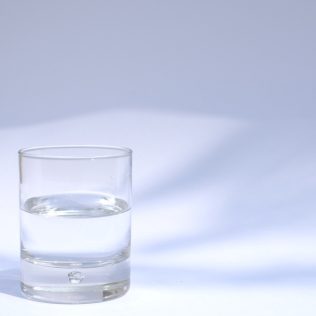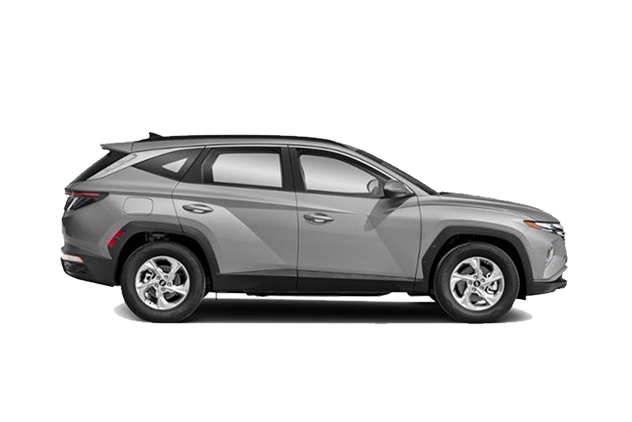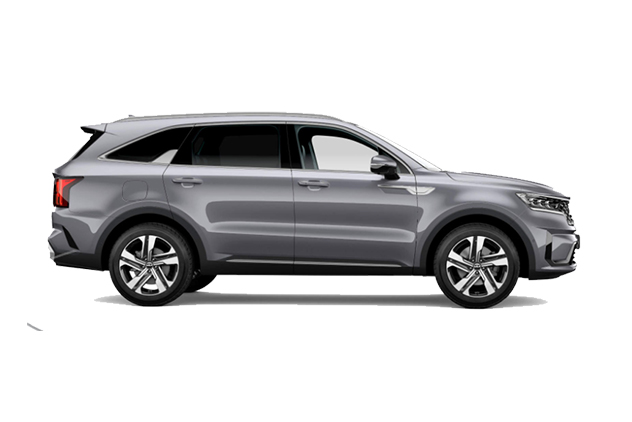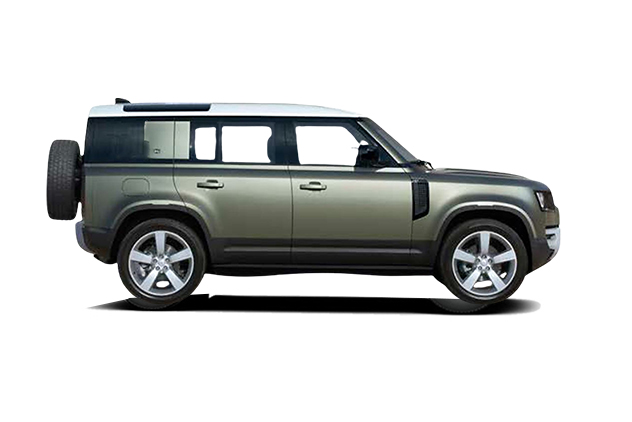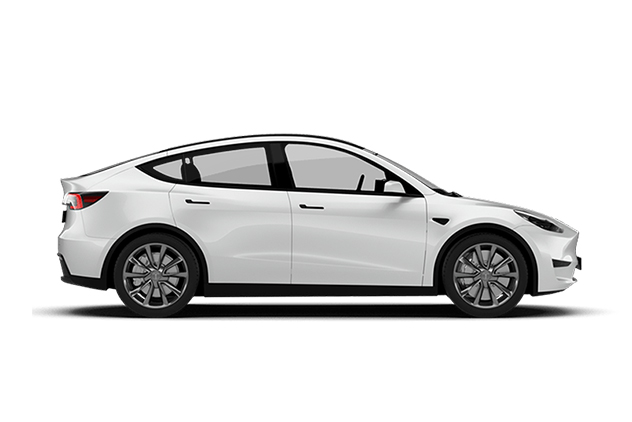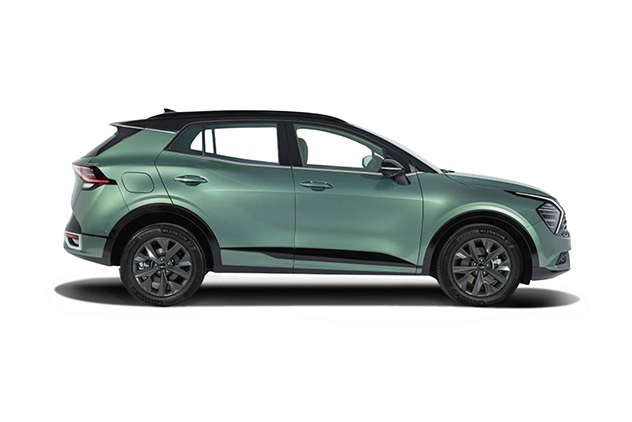Tap water is perfectly fine to drink in Iceland, but remember, freezing cold water only, not the hot water from tap.
As you plan your trip to Iceland, you might wonder whether drinking tap water in the country is safe. In this short article, we will explore tap Icelandic water quality in Iceland and the alternatives if you really don’t want to drink tap water when visiting Iceland.
The quality of tap water in Iceland
The quality of tap water in Iceland is generally very good due to the country’s natural filtration system.
Source of tap water in Iceland
The tap water in Iceland comes from natural springs and glaciers. The water is collected from underground reservoirs and then piped to the treatment plants.
The treatment process of tap water in Iceland
The tap water in Iceland goes through a rigorous treatment process to ensure its safety. The water is first filtered to remove any sediments and then treated with chlorine and fluoride to kill any harmful bacteria and viruses.
Quality Standards of tap water in Iceland
Tap water in Iceland is subject to strict quality standards set by the Icelandic Food and Veterinary Authority (MAST). The water is regularly tested to ensure it meets these standards.
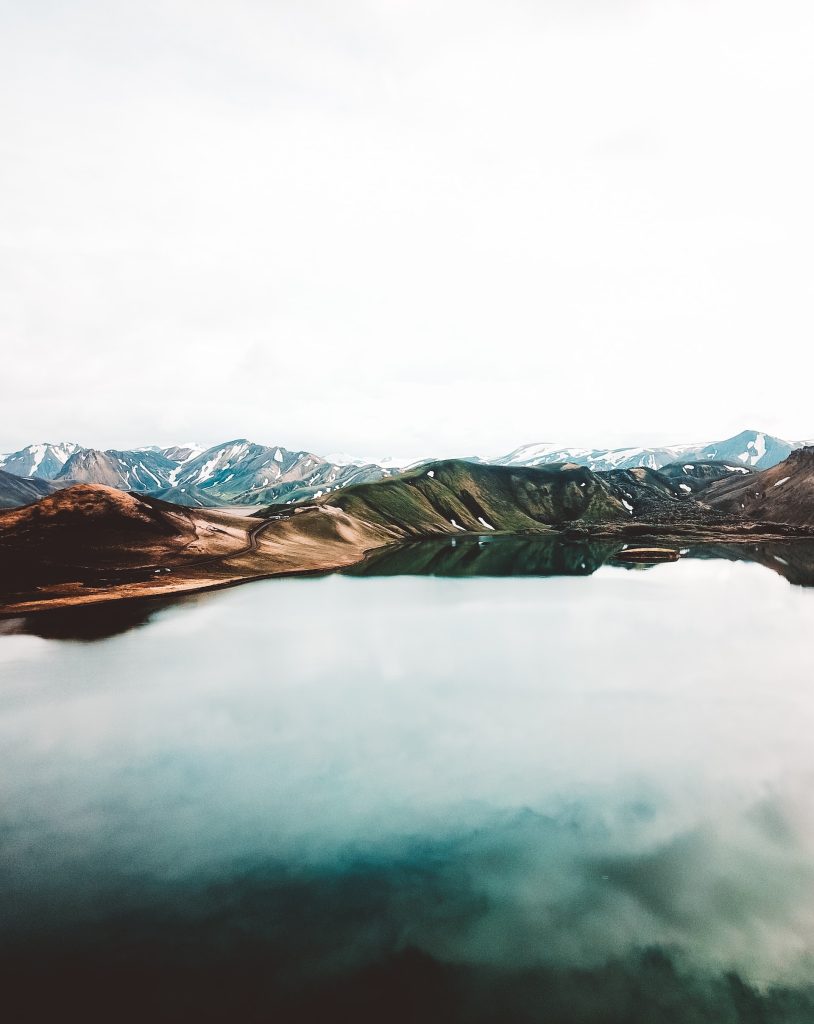
Can you drink tap water in Iceland?
Yes, cold tap water is safe to drink in Iceland, make sure the water is cold by letting the water runs from the tap for 30 seconds or so before drinking. BUT! If you want to drink hot/warm water, you will still need to boil the cold drinking water from the tap in a kettle; the warm water from the tap is NOT drinkable.
The hot water from the tap is heated by geothermal energy, so water smell contains a sulphur smell when it’s straight from the tap. You will smell the same when visiting hot springs in Iceland.
Benefits of drinking tap water in Iceland
Drinking tap water in Iceland has several benefits, including being cost-effective, environmentally friendly, and good for your health.
Tap water is FREE!
Drinking tap water in Iceland is much cheaper than buying bottled water. This can save you a lot of money, especially if you are travelling for an extended period. So don’t forget to bring your water bottle with you when travelling to Iceland!
Environmentally friendly
By drinking tap water in Iceland, you are helping to reduce the amount of plastic waste produced by bottled water. This is good for the environment and helps to preserve the natural beauty of Iceland.
Alternatives to tap water in Iceland
If you prefer not to drink tap water in Iceland, there are a few alternative options available to you. These include purchasing bottled water or choosing from a variety of other beverages.
Bottled water is widely available in Iceland and can be found in most supermarkets and convenience stores. But don’t forget that bottled water is significantly more expensive than tap water and contributes to plastic waste. If you do choose to purchase bottled water, be sure to dispose of it properly.
There are also many other beverages available in Iceland, including juice, soda, and tea. These options are generally safe to drink and can be a refreshing alternative to tap water.
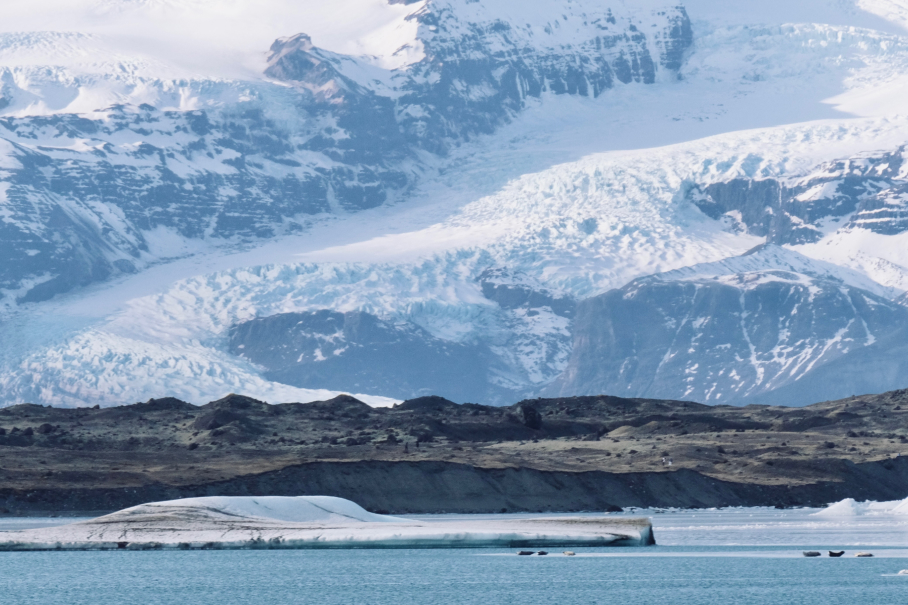
In conclusion, drinking tap water in Iceland is safe and high-quality. It is a cost-effective and environmentally friendly option. However, if you prefer not to drink tap water, there are alternative options such as bottled water and other beverages. Regardless of your choice, be sure to stay hydrated and enjoy the natural wonders of Iceland.
